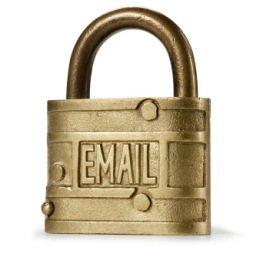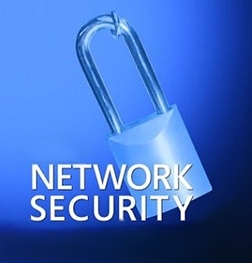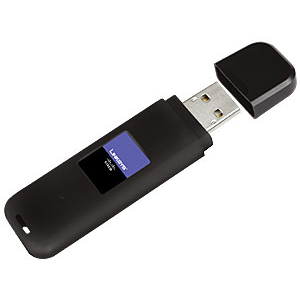Email Security
Emails have gained worldwide popularity as of the quickest ways of communicating with somebody in any corner of the world. A lot important information is exchanged by emails everyday that they often fall prey to individuals who receive unauthorized access to these information, to the issues of viruses, Trojans, worms with which the mails can be infected. The terms, 'hacking', 'phishing', 'spamming' etc are known to all people around the globe, so great is their threat & the amount of valuable information lost to them.
Individuals who are not well aware of the know-how behind emails cannot possibly know that emails sent by them do not go directly to the receivers' inboxes but the ISPs store copies of the electronic mail addresses on their mail servers before they delivers the mails. It is feasible to get unauthorized access to these information.
Your electronic mail accounts must be managed properly to keep away from these menaces. Here are some ways of doing it:
Everytime you are accessing your electronic mail account, you MUST log out when you are done, in public computers. It is advisable that you also close the browser you were using as some electronic mail services will continue displaying your id even after you have logged out.
It is advisable that you use maximum four electronic mail accounts, for work, personal & general makes use of. This way, your inboxes will stay less cluttered. The last account, called 'catch-all' account is the targeted by spammers. So you'll not have your important accounts flooded with spammed messages.
You must have a nice anti-virus application in your PC to scan all attached files for potential threats of Trojans, viruses, worms etc. Lots of electronic mail services have in-built scan for this purpose.
There's scams stating that you have got won the lottery, phishing emails which even experienced users will fall victim to. These emails will stress that you have got won lottery prizes, money, gifts etc; the phishing emails will look like authentic emails from different reputed organizations & make you provide your personal information. There's several ways to detect a phishing electronic mail. Look out for distorted logos, mails addressing you as 'Dear User' than your name, those claiming 'Security compromises' etc.
There's other rules like you must seldom share your passwords with anyone; you must encrypt your important emails & wireless connections, use digital signatures & think of complicated passwords that are difficult to guess.
 alt="EmailSecurity"
alt="EmailSecurity"

